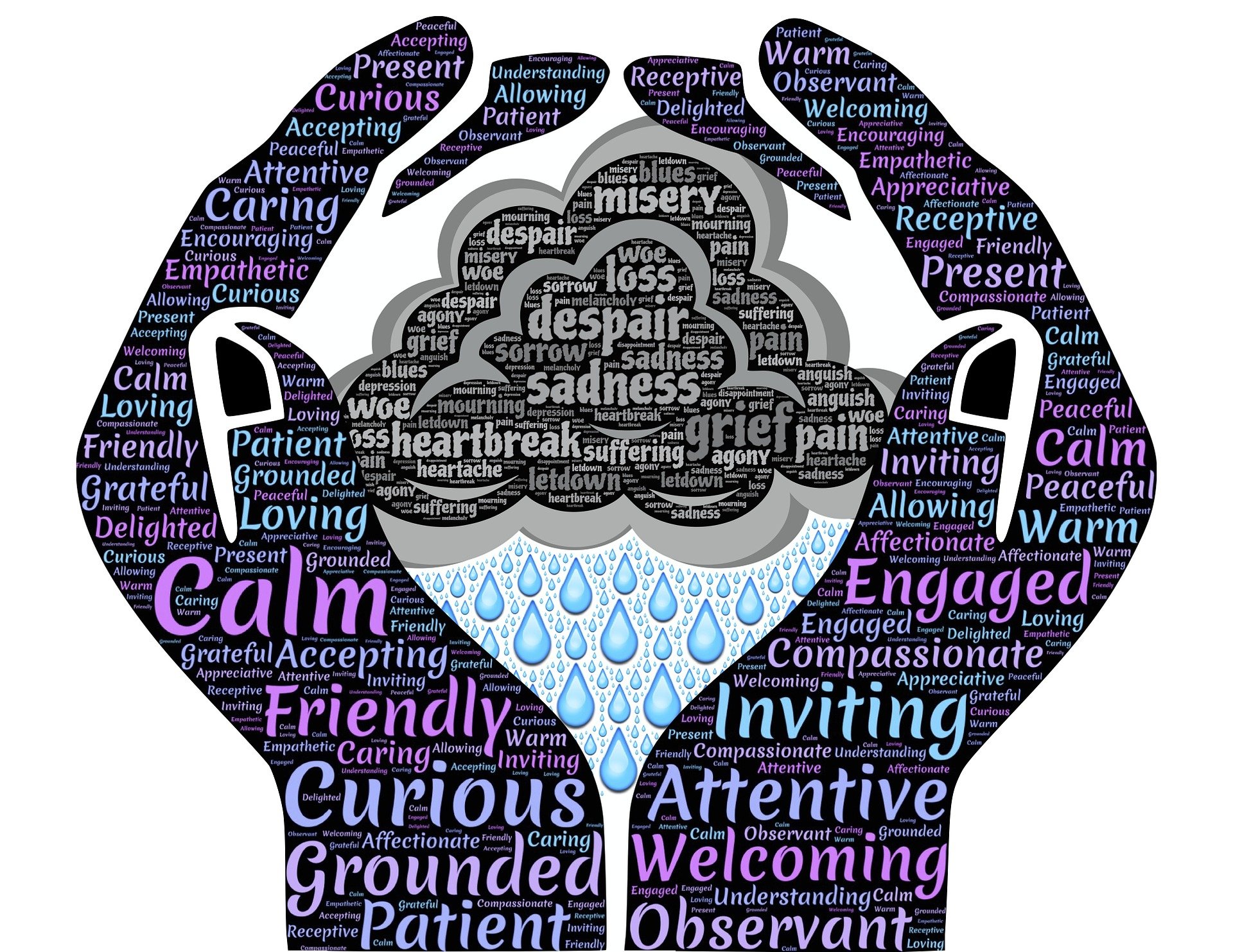Part 2: Creating Emotional Safety in Uncertain Times
dan masden
If you read part 1 of my emotional safety blog, then you already know about the 3 thought traps that take away your power and keep you stuck in stress and overwhelm.
You also learned how those thought traps are indoctrinated in childhood and how they manifest in unhealthy ways for adults in the workplace.
In part 2, I will offer some coaching to help you right the ship and stay centered (even when the world seems like a s**t-show).
When Abraham Maslow first created his hierarchy of needs in 1943, he asserted that humans find safety through external systems like family, government, police, and a steady paycheck. But he didn’t account for the ways those systems could become corrupted and unsafe.
Generational trauma, political power grabs, lobbyists, and corporate greed have made the old model of safety ineffective.
The 40-hour work week has been replaced with "hustle culture," leaving many parents too tired to be present with themselves or their family. Politics have left large segments of the population feeling disenfranchised and unsafe. Plus, there's a 24-hour news cycle designed to keep people in fight or flight.
(Don’t worry… This is NOT a political blog)
This is a reminder that while we are living through an unparalleled time in history, you still have agency over how you show up and knowing HOW to create emotional safety within yourself is perhaps the most important personal development skill in 2022.
Here are 4 ingredients to help you start.
1. Get to know your nervous system.
Most people know they’re stressed and anxious but aren’t sure about what creates it. To create safety within, you must have awareness of the unique triggers that dysregulate your autonomic nervous system. Once you build awareness of your triggers, you must also have a blueprint for what makes you feel safe. This is not a one-size fits all and is unique for every person. For me, meditation and time by the ocean help me self-regulate. Yet, many people struggle with silence and prefer the mountains to water. The more awareness you have of what works for you, the faster you can return to safety.
2. Acceptance of emotions:
For most of my high performing clients, emotions weren’t rewarded in childhood and actually something to be shamed for. But your feelings want to be felt and accepted, just as you want to be seen, heard, and accepted by others. When we repress unpleasant emotions, they typically turn into depression and anxiety. Part of my coaching program is designed to help you befriend the parts of yourself you may have disowned in the past. Self-acceptance is a key to safety.
3. Know Your Purpose:
Your purpose isn’t a singular epic thing you DO in the world, it’s about who you are BEING. It’s the emotional states you cultivate within yourself and share with the world through your service. BTW, if you don’t know who you want to be each day, rest assured there’s an inbox full of people who will make that choice for you. Purpose is a vital part of taking back your power and creating safety.
4. Safe relationships:
Humans are tribal and were designed to thrive in safe connection to others. Do you have relationships with people who share your values? Is your tribe also working towards living a more purposeful life? Or are they caught up in the negativity of the collective? Do they love and accept you for who you are? Or are your relationships transactional and based on performance? Emotional safety is built in the company of safe people.
If you are deficient in one or all of these areas, it’s okay. Most of us weren’t taught how to create safety from within and live our purpose.
But perhaps now is the time to have extraordinary coaching support in your corner. My client community has moved through the last 2 years with certainty, safety, and purpose. They are consistently experiencing unprecedented levels of joy and connection, not to mention record income and career fulfillment.
Curious about how you can do the same? Click here to fill out my coaching application and to schedule a complimentary discovery call.







